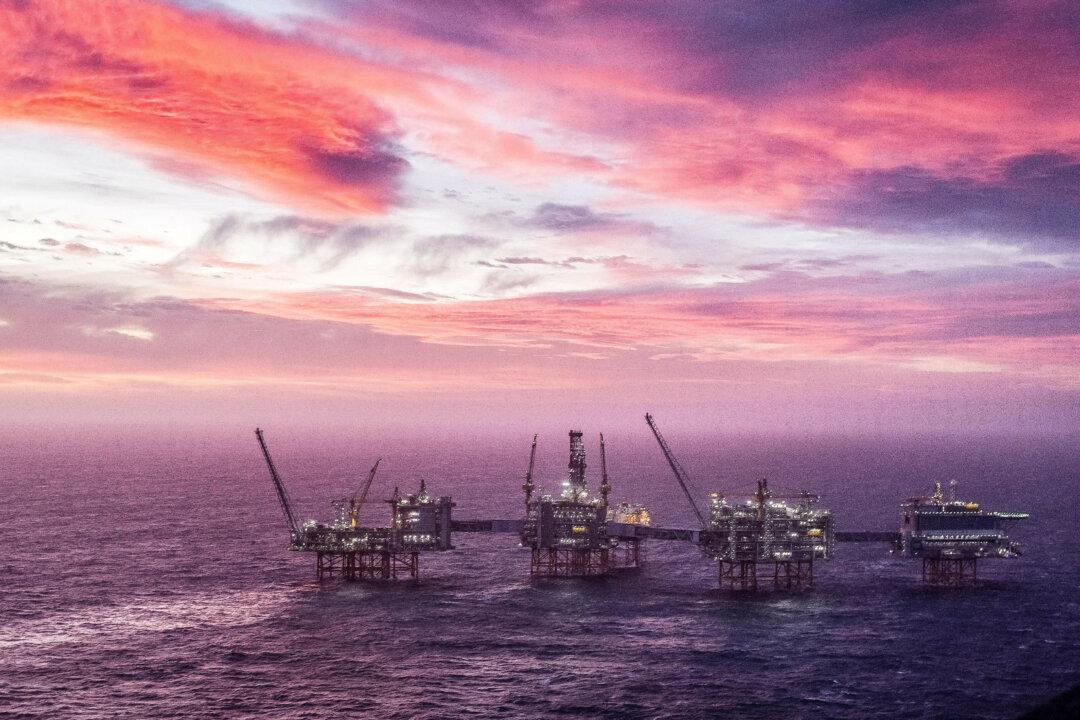The head of Norway’s foreign intelligence service says Russia has become bolder about sabotaging its oil and gas infrastructure than it was a year ago as it seeks to counter Western support for Ukraine.
“The risk level has changed,” Vice Adm. Nils Andreas Stensoenes, head of the Norwegian Intelligence Service, said.





